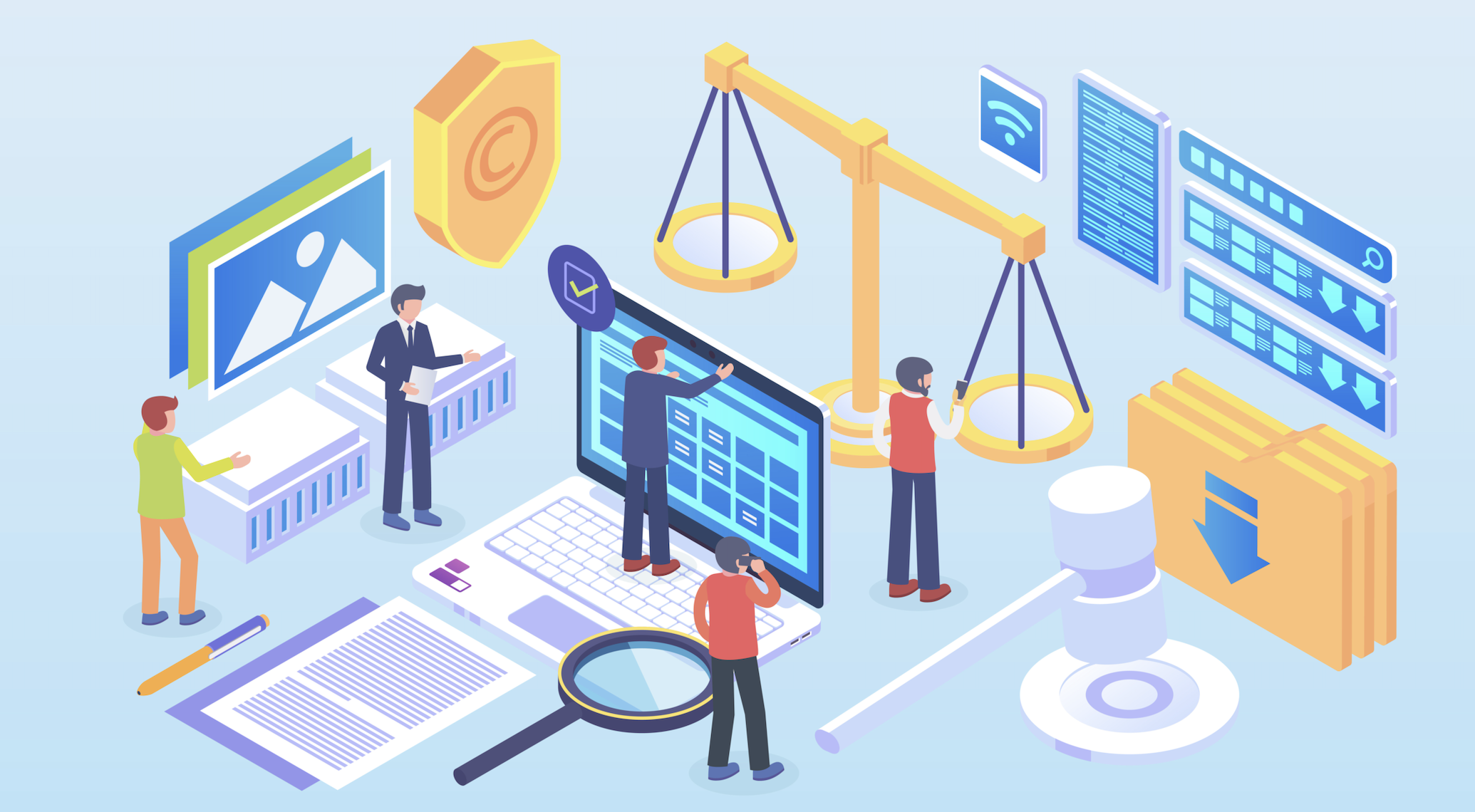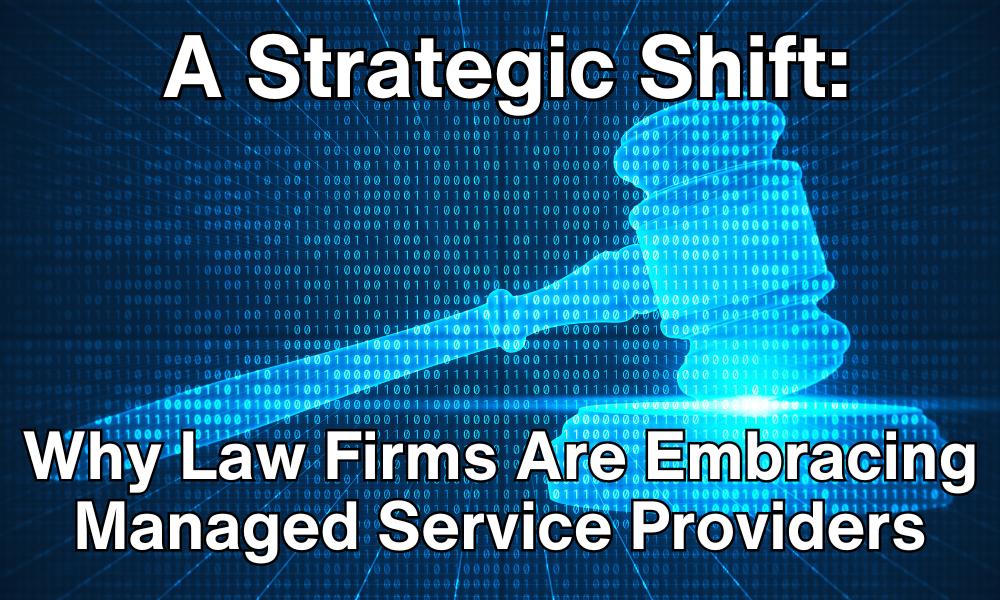Artificial intelligence is reshaping how potential clients search for law firms. Instead of just showing a list of websites, AI-powered search tools now deliver direct answers that pull from a variety of sources. According to Ahrefs, AI-generated suggestions appear in 54.6% of all Google searches in 2025.











